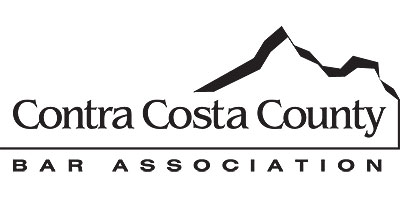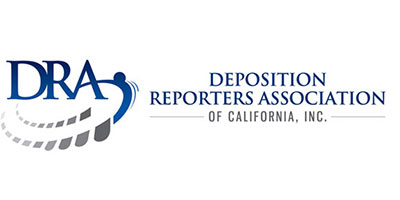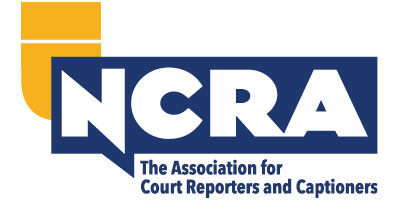Who do Court Reporters Work for?
The title court reporter is a little misleading. The name implies that court reporters work solely for the courts. Yet, in reality, reporters may work for a wide variety of employers. Generally, a stenographer chooses to work as an official reporter or a freelancer. However, there are reporters that do both. We’ll look at some of the ways a court reporter can practice their profession in the real world.
Official Court Reporting
Many new stenographers start off working for a court system. This is the traditional path for reporters to gain experience working in a real court proceeding. In order to work for the courts, a reporter may need special certifications to quality. These include the Certified Real-time Reporter (CRR) certification or the Registered Professional Reporter (RPR) designation. Yet, just because a reporter obtains these qualifications doesn’t mean they will be immediately hired. Official court reporters are in high demand across the country, especially in California.

Becoming an official court reporter in San Francisco is so desirable because of the benefits it offers. You may get the chance to work a high-profile case that makes the headlines. Additionally, you get the benefit of having a stable career with regular working hours and consistent income. Government reporters can also take advantage of affordable health insurance and retirement plans.
Freelance Work
On the flip-side, a court reporter or deposition reporter can work for a variety of employers as a freelancer. Working in this capacity, a reporter can use his or her skills in many different industries. Freelancers may perform contract work for an independent court reporting agency. They may also work as independent contractors for law firms. Many court reporters even work in non-legal fields such as business, education, and television. These industries may use stenographers for closed-captioning purposes as well as transcription.
Working as a freelancer has its own set of benefits. These reporters work in a self-employed status. This means they have the ability to set their own hours and rates. There are also numerous work from home opportunities. Freelancing offers reporters flexibility and the ability to make a generous income.
Combining Roles
Often, experienced court reporters will perform both of these roles. Those employed by the courts take on freelance work to supplement their income. Also, some freelancers may take on temporary courtroom assignments to add some consistent work to their schedule. Court reporters that work for an agency usually perform a variety of jobs depending on the needs of the service. All in all, court reporters are likely to work for a variety of employers over the course of their career.

Some courtrooms in San Francisco no longer have court reporters and look to Combs Reporting for providing freelance court reports.
Hiring a Reporter For Your Needs
If you are in need of a deposition reporter in San Francisco, contact Combs Reporting. This well-recognized agency can also provide you with a videographer or deposition room whenever needed.






Leave A Comment